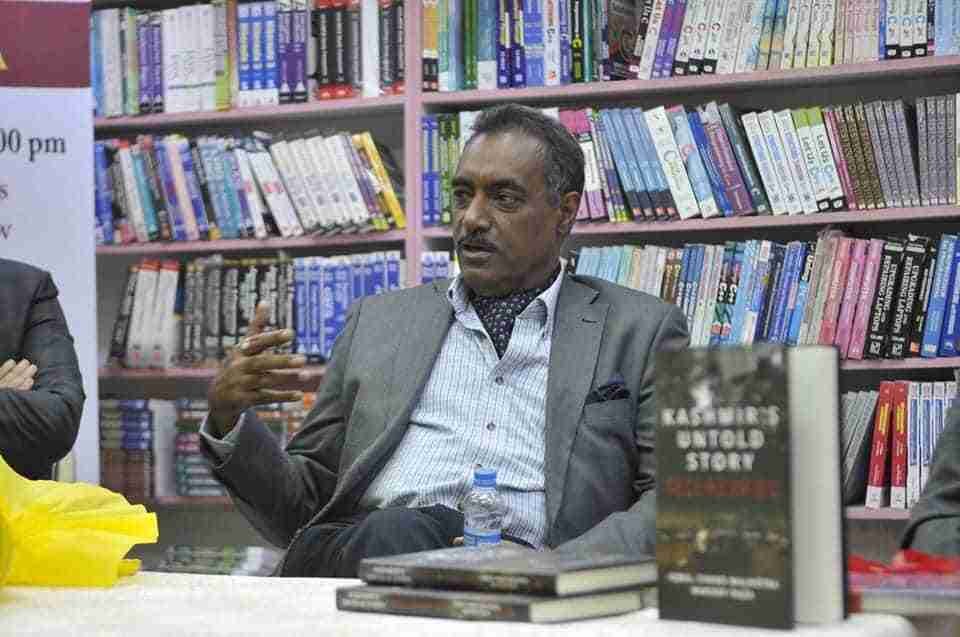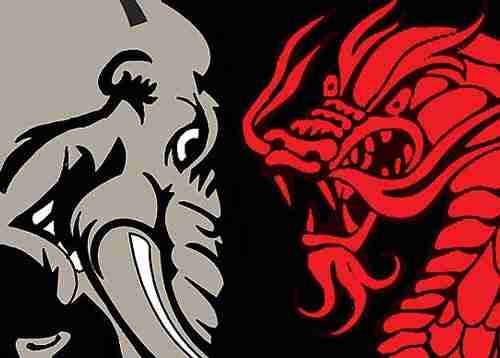Failing to learn from history
Military dictators of Pakistan, and General Pervez Musharraf in particular, have had a tendency to make news with their air travel. General Zia-ul-Haq was killed while flying, while Musharraf took over the country, following his stand-off with Nawaz Sharif, while on a flight from Colombo. But his recent return to Karachi airport after four years of exile received a muted response from the Pakistanis, whom he had come to ‘save’. But now, he must save himself from the wrath of the judges and lawyers, who have sworn to get him.
For the first time in Pakistan’s history, a former army chief has been put under arrest. Musharraf’s fate now lies with the courts and lawyers, whom he had alienated by arresting them after they opposed his unconstitutional rule as Pakistan’s self-appointed president. And though Musharraf wasn’t the first Pakistani leader to dismiss the chief justice—Sharif, too, had done so—it was the nationwide rallies by the lawyers that eventually hounded him out of Pakistan.
But he still chose to return. Perhaps, Musharraf returned—despite being part of the lucrative lecture circuit abroad—because of his delusion that he can pull anything off, as he had taken over Pakistan in 1999 as a relatively young army chief. Like in the case of earlier coups (by General Ayub Khan in 1958 and Zia in 1979), the people didn’t quite mind the army’s intervention, as the political leaders were seen to be hopelessly corrupt. But after a few years, Pakistanis had had enough of Musharraf’s rule, like that of his predecessors, but he didn’t get the message.
Pakistanis tend to give up hope in dictators after some time, if history is anything to go by. Ayub Khan almost lost to Jinnah’s sister in a staged election, and then lost the 1965 war. After that it was all downhill for him. Zia became increasingly unpopular from the mid-1980s as he went about Islamising Pakistan. But Musharraf failed to learn from history. Like most dictators, he surrounded himself with sycophants, and became a victim of his delusions. Having taken on the lawyers and the Taliban (following his Faustian bargain with the US, post-9/11), he made the cardinal error of handing over the army chief’s baton to General Ashfaq Kayani. That is one thing Zia never did. As president, he gave himself an extension as army chief, every few years.
Power in Pakistan still comes from the ‘barrel of a gun’. While other countries have an army, in Pakistan, ‘the army has a country’. But now, the big question is, will Kayani and other Musharraf protégés help the former dictator avoid the hangman’s noose, as he faces charges of treason and subversion of the constitution? It is important to remember that an otherwise subservient Zia was goaded into hanging Zulfikar Ali Bhutto by his generals who said, ‘it’s either our neck or his’, after Bhutto threatened them with the charge of treason.
Some say Kayani may just go with the public mood, as his standing is now contestable. His brothers have lately won several construction contracts even as the army struggles to fight the Taliban, not to forget the humiliation of America’s attack on Osama bin Laden in Abottabad. And with Pakistan set for the first ever transition of power from one civilian government to another, a vulnerable Kayani could well trade off Musharraf to save his hide and that of the others involved in subverting the constitution.
(The authors are with Security Watch India, an Counter Terrorism Initiative. These are their personal views.)



